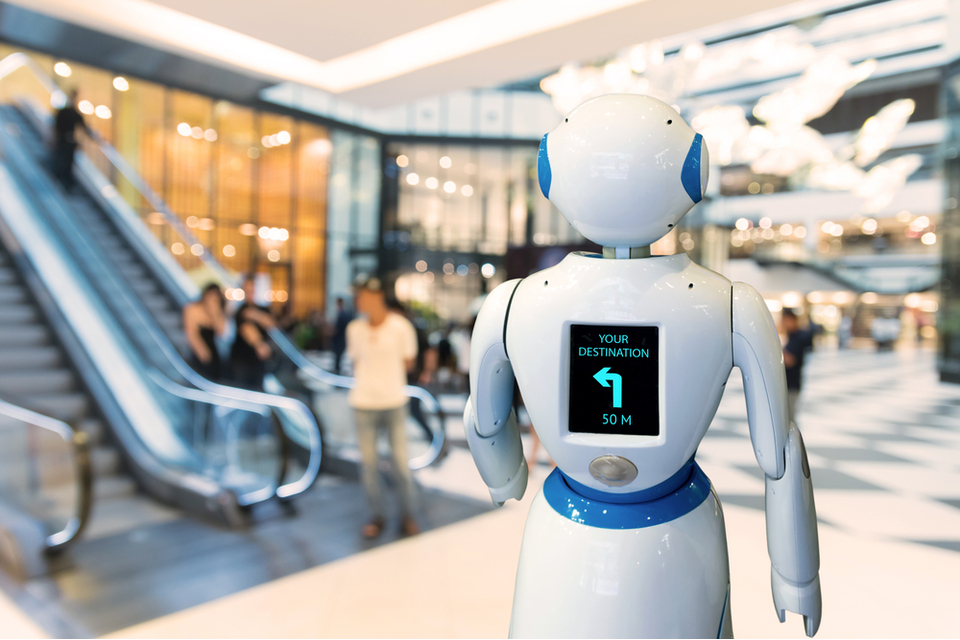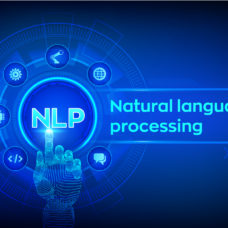Facebook has developed a new algorithm to enable robots to navigate without maps.
Currently, home robots like the autonomous vacuum cleaner Roombas rely on maps to navigate your home.
While moving around the house, the Roombas identifies and marks obstacles, ultimately creating a map of your room. That way, it’ll know precisely where to go and what part of the room to avoid.
There’s just one thing; maps get outdated. For example, moving your furniture around could render an older map obsolete.
Now Facebook is claiming to have developed an AI that’ll eliminate the need for maps.
To be clear, it’s already possible for robots to move around a space without using maps.
However, navigation can be inefficient. Not only would the machine bump into unexpected obstacles or fall, but it could also backtrack a few times.
With Facebook’s algorithm, robots can find the shortest route in unfamiliar environments. In other words, the AI could improve the navigation of home and workplace machines.
So, how does the algorithm work?
An Algorithm to Help Robots Navigate Without Maps
The Facebook AI team developed a reinforcement learning algorithm called DD-PPO (Decentralized Distributed Proximal Policy Optimization) to enable mapless-route findings.
Using a combination of GPS, compass data, and depth-sensing camera, the algorithm can identify the shortest route possible. What’s more, it could get a robot to its destination 99.9 percent of the time with only a 3 percent deviation from the path.
In other words, the machine can move around in an unfamiliar space with no exploration, backtracking, and no wrong turns.
After developing the AI, Facebook trained bots for in a virtual mockup of a building with rooms, corridors, and furniture. After about three days, the machines learned to handle point-to-point navigation of about 2.5 billion steps. That’s an equivalent of 80 years of human experience.
Here’s why this is a big deal.
The nex-generation of machines that’ll work in home and offices – such as an autonomous vacuum cleaner – need mapless routing to function effectively. Also, future robots should be able to adapt and navigate effectively in urban spaces. Facebook’s AI is the right step in that direction.
Be that as it may, the technology is still very young, and there’s much to be done.
“We look forward to exploring new solutions to RGB-only point-goal navigation, which is important because compass and GPS data can be noisy or merely unavailable in indoor spaces,” says Facebook. “We will also apply DD-PPO-trained models to different tasks.”
It could be years before the AI can handle outdoor situations or long-distance navigations.



















Comments (0)
Most Recent